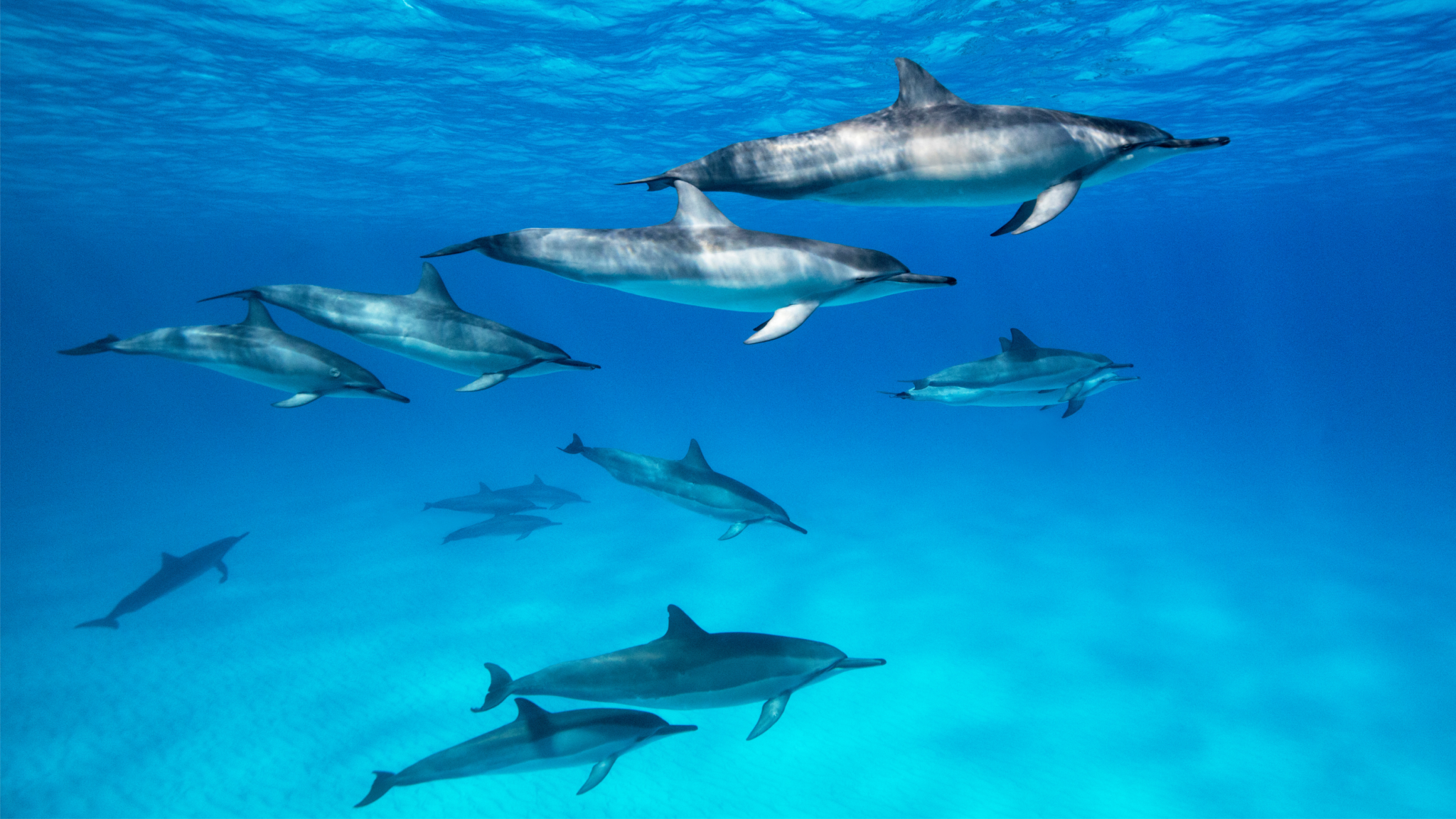Dolphins are among the most beloved marine creatures on our planet. Their playful nature and intelligence have captivated people for centuries, making them a symbol of freedom and joy in the oceans. However, many species of dolphins are currently at risk of extinction due to human activities and environmental changes. This raises an important question: What would happen if dolphins were to go extinct?
🐬 The Role of Dolphins in the Ecosystem
Dolphins play a crucial role in marine ecosystems. As apex predators, they help maintain the balance of marine life by controlling fish populations. This balance is vital for the health of ocean environments. For instance, if dolphin populations decline, the species they prey on—such as smaller fish—could multiply uncontrollably. This overpopulation can lead to the depletion of important algae and plankton species, disrupting the entire food web and causing cascading effects throughout the ecosystem.
Moreover, dolphins contribute to nutrient cycling in the ocean. Their feeding habits help disperse nutrients that support the growth of various marine organisms. Without dolphins, the health of marine ecosystems could decline, affecting not only the creatures living there but also the human communities that rely on these ecosystems for food and livelihoods.

🐬 Impact on Biodiversity
The extinction of dolphins would significantly impact biodiversity in marine environments. Marine biodiversity is essential for ecosystem resilience, allowing systems to adapt to changes and disturbances. Dolphins contribute to this diversity, and their loss could lead to a decline in other species as well. This includes not just the fish populations they prey upon, but also the organisms that rely on those fish for survival. The ripple effect could result in the decline of various marine species, leading to a less diverse and less stable ocean ecosystem.
🐬 Economic Consequences
The decline of dolphin populations would also have serious economic repercussions. Many coastal communities depend on fishing and tourism for their livelihoods. Dolphins attract tourists, and dolphin-watching tours are a popular activity in many coastal regions. If dolphin populations were to vanish, these businesses could suffer greatly.
See Dolphin Activities around the Wolrd
Fisheries that rely on healthy marine ecosystems would face challenges as fish populations become imbalanced. Overfishing could occur as fishermen seek to compensate for dwindling fish stocks, leading to further degradation of the marine environment. This cycle could put many people out of work and disrupt entire communities that rely on these resources.
🐬 Cultural Impact
Dolphins hold significant cultural value in many societies. They are featured in folklore, art, and literature, symbolizing grace, intelligence, and freedom. The loss of dolphins would mean the loss of these cultural connections and stories, impacting our collective consciousness and understanding of the natural world. Dolphins inspire conservation efforts and highlight the importance of protecting marine environments. Without them, there would be a void in our appreciation of marine life and the need to protect it.
🐬 The Urgency of Conservation
The potential extinction of dolphins serves as a warning sign about the broader health of our oceans. It highlights the urgent need for conservation efforts. Protecting dolphin populations means addressing the root causes of their decline, such as habitat destruction, pollution, and climate change. This includes implementing sustainable fishing practices, reducing plastic waste, and creating marine protected areas.
Individuals can also play a part in dolphin conservation by supporting organizations that work to protect marine life and advocating for policies that promote environmental sustainability. Every action counts, from reducing plastic use to participating in beach clean-ups.
New Rules To Protect Spinner Dolphins
The extinction of dolphins would have profound ecological, economic, and cultural consequences. These intelligent creatures play an essential role in maintaining healthy marine ecosystems and contribute to the rich biodiversity of our oceans. As we face the threats of climate change and habitat destruction, it is crucial to prioritize conservation efforts. By protecting dolphins, we are not only safeguarding a beloved species but also ensuring the health of our oceans and the future of our planet. Together, we can work to keep dolphins thriving and preserve the beauty and complexity of marine life for generations to come.












